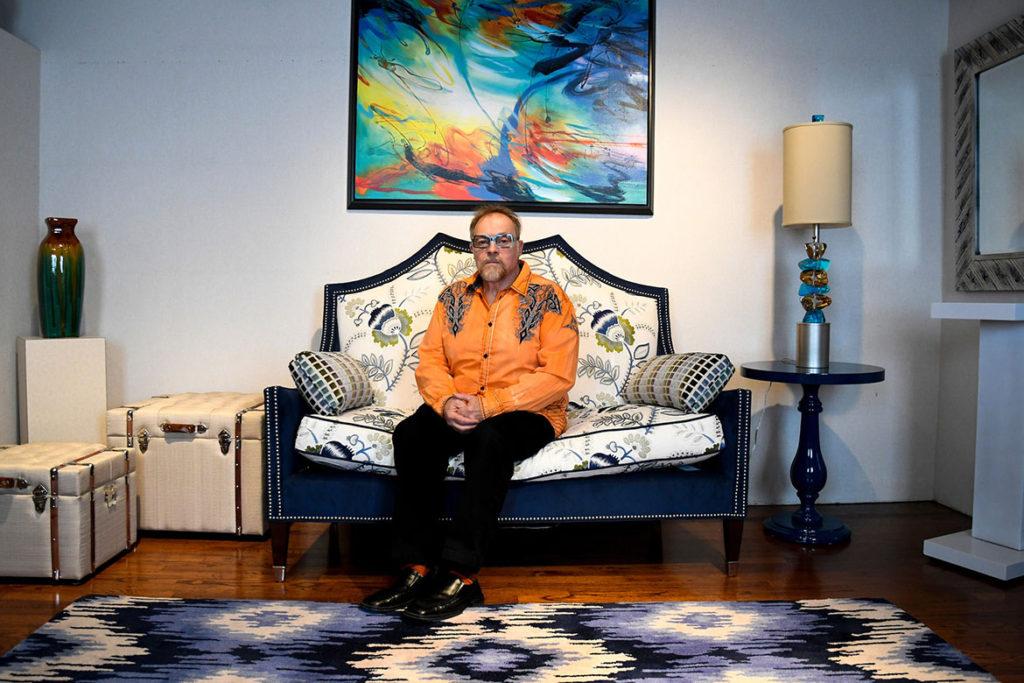Hospitals and drug companies give one the impression that they are curing cancers at very high rates. The ads make it seem that most cancers are now very manageable. Unfortunately, there is much more to the story. It is a fallacy that is a function of our inefficient health care system.
I read a very well written article this morning titled “Widespread Hype Gives False Hope To Many Cancer Patients” that everyone must read. Whether you have cancer or not, it is something one must keep in the back of one’s head.
The article featured a man with a deadly form of skin cancer. He traveled to half a dozen hospitals around the country seeking a cure. The bells and whistle allure of the University of Texas MD Anderson Cancer Center in Houston, an excellent hospital impressed him. They gave him unjustified hope. Ultimately, he died.
Private hospitals and drug companies sell things. The ultimate goal of their shareholders and executives is profit. So the following is prescient.
Patients and families are bombarded with the news that the country is winning the war against cancer. The news media hypes research results to attract readers. Drug companies promise “a chance to live longer” to boost sales. Hospitals woo paying customers with ads that appeal to patients’ fears and hopes.
“I’m starting to hear more and more that we are better than I think we really are,” said Dr. Otis Brawley, chief medical officer at the American Cancer Society. “We’re starting to believe our own bullshit.”
The consequences are real — and they can be deadly. Patients and their families have bought into treatments that either don’t work, cost a fortune or cause life-threatening side effects.
“We have a lot of patients who spend their families into bankruptcy getting a hyped therapy that [many] know is worthless,” Brawley said. Some choose a medicine that “has a lot of hype around it and unfortunately lose their chance for a cure.”
Although scientists have made important strides in recent years, and many early-stage cancers can now be cured, most of those with advanced cancer eventually die of their disease.
The doctors do not believe the BS. They know better. But if profit is the ultimate goal to keep a hospital open or a drug executive employed, BS will remain a part of the equation.
For decades, researchers have rolled out new cancer therapies with great fanfare, announcing that science has at last found a key to ending one of the world’s great plagues, said Dr. Vinay Prasad, an assistant professor of medicine at Oregon Health & Science University. When such efforts fail to live up to expectations, the cancer world simply moves on to the next big idea.
Hyping early scientific results — based on lab tests or animal studies — can attract investors that allow researchers to continue their work. Positive results can lead biotech firms to be bought out by larger drug companies.
“It’s in the interest of almost every stakeholder in the health system to be optimistic about these therapies,” said Dr. Walid Gellad, co-director of the Center for Pharmaceutical Policy and Prescribing at the University of Pittsburgh.
It is orchestrated. From the TV commercials to many of the hype one reads in the media about cancer. The problem is that we all pay for known failures to keep the profit flowing so the loop can begin again. Yes, sometimes there are successes, but these shenanigans are necessary for a private system to get funded.
The article goes on to illustrate what should be construed as false advertising and false promises made by advertisers, hospitals, and drug companies. These all mislead Americans into believing that cures abound many times sapping them of their wealth.
There are solutions to this obscenity. But we rarely see it discussed where it matters. We should skew health care to the commons. It is more efficient. The government should do more research, pay for qualified Americans’ medical school, manufacture drugs, provide a single-payer Medicare for All system, etc. Is that socialized medicine? Yes. But mathematically speaking if you are making health care decisions away from profits then one can indeed put the interest of our health in the forefront and not the bottom line. It is mathematically irrefutable.

